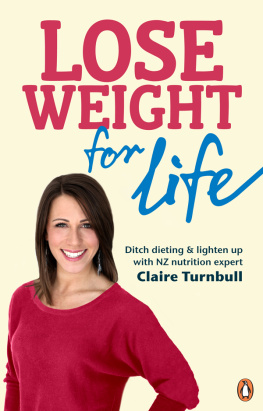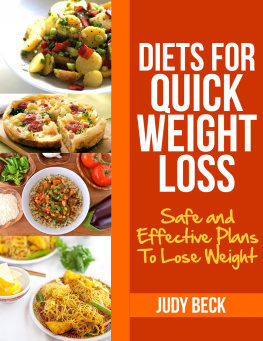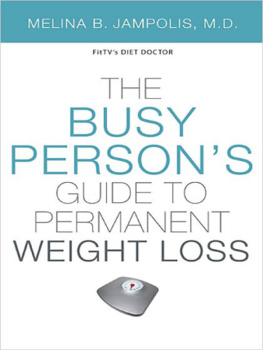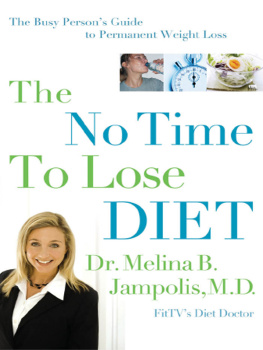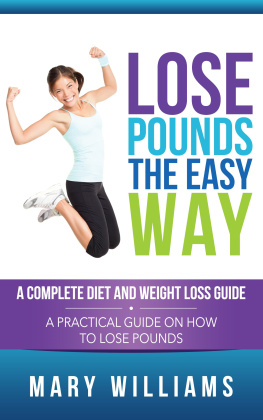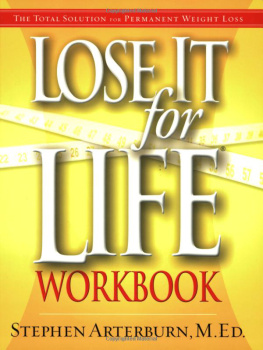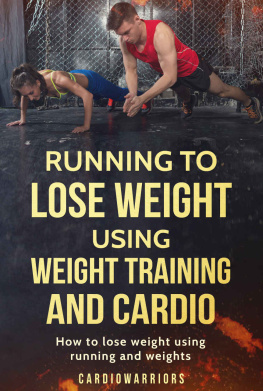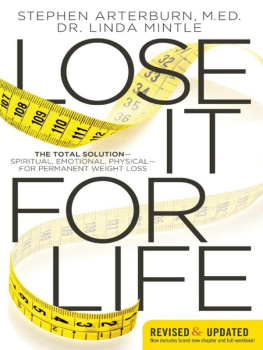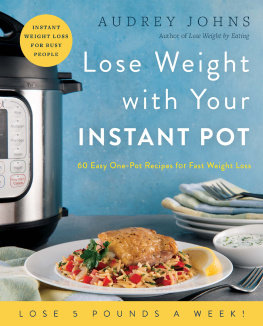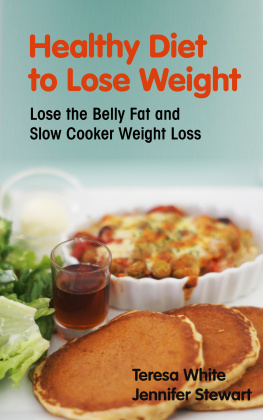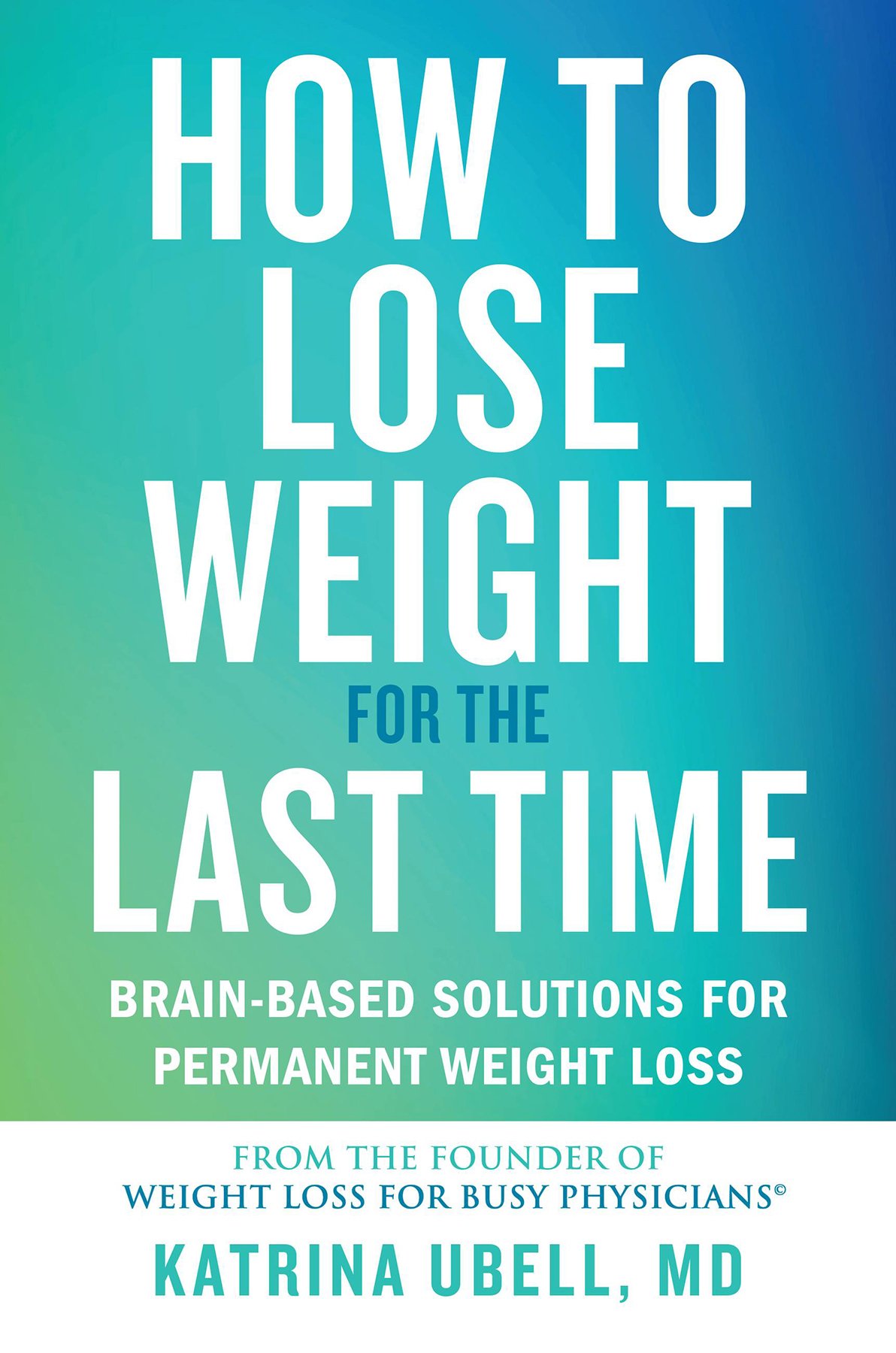
This book provides information and education only, and does not provide any medical or psychological advice. It is not intended to substitute for personalized advice that can be provided by your own medical professional. You should consult with a qualified professional if you have specific questions about your own mental or physical health. Some names and other identifying details of individuals described in this book have been changed to protect their privacy.
Copyright 2022 by Katrina Ubell, MD
Cover copyright 2022 by Hachette Book Group, Inc.
Hachette Book Group supports the right to free expression and the value of copyright. The purpose of copyright is to encourage writers and artists to produce the creative works that enrich our culture.
The scanning, uploading, and distribution of this book without permission is a theft of the authors intellectual property. If you would like permission to use material from the book (other than for review purposes), please contact permissions@hbgusa.com. Thank you for your support of the authors rights.
Balance
Hachette Book Group
1290 Avenue of the Americas, New York, NY 10104
grandcentralpublishing.com
twitter.com/grandcentralpub
First Edition: September 2022
Balance is an imprint of Grand Central Publishing. The Balance name and logo are trademarks of Hachette Book Group, Inc.
The publisher is not responsible for websites (or their content) that are not owned by the publisher.
The Hachette Speakers Bureau provides a wide range of authors for speaking events. To find out more, go to www.hachettespeakersbureau.com or call (866) 376-6591.
Library of Congress Cataloging-in-Publication Data
Names: Ubell, Katrina, author.
Title: How to lose weight for the last time : brain-based solutions for permanent weight loss / Katrina Ubell, MD.
Description: First edition. | New York : Balance, 2022. | Includes bibliographical references and index.
Identifiers: LCCN 2022019455 | ISBN 9781538709368 (hardcover) | ISBN 9781538709382 (ebook)
Subjects: LCSH: Weight lossPsychological aspects. | Reducing diets. | PhysiciansHealth and hygiene.
Classification: LCC RM222.2 .U24 2022 | DDC 613.2/5dc23/eng/20220610
LC record available at https://lccn.loc.gov/2022019455
ISBNs: 9781538709368 (hardcover), 9781538709382 (ebook)
E3-20220804-JV-NF-ORI
To my amazing female physician clientsthe world is infinitely better because they are in it.
Its totally mortifying to be an overweight doctor.
Were supposed to be experts on health. But heres the truth: Doctors learn very little about nutrition or how to maintain a healthy weight in medical school. After working with over a thousand physicians, I can say with certainty that very few of us know how to actually eat in a healthy way. Doctors might be experts in treating disease, but we often fall flat in supporting ourselves when it comes to food.
According to the 2017 Physician Health Survey, 63 percent of US physicians are overweight or obese. Similarly, a study done in 2012 found that 55 percent of nurses also struggle with their weight. This mirrors the general population of Americans, 69 percent of whom are overweight or clinically obese.
When I was a practicing pediatrician, I was perpetually either forty pounds overweight or in the process of trying to lose that weight. In contrast, in my thriving private practice, I gave dietary advice to parents every day, as if I had all the answers. Knowing that what I was recommending wasnt at all how I personally ate created a lot of shame and inner turmoil for me.
I would tell parents to cut back on their childrens sugar intake, yet I was eating store-bought maple leaf cookies straight from the box in front of the TV at night. I stopped only when I felt physically sick. I encouraged caregivers to increase their familys daily vegetable intake, yet some nights after work, I couldnt bring myself to eat anything other than popcorn with a side glass (or three) of sparkling wine. After dinner, while my husband was getting the kids ready for bed, Id sneak into the pantry to eat crackers and chocolate chips while nobody was watching. I wasnt able to get control over my eating and felt like the extra weight that I carried on my body was public evidence of my private shame. I was definitely not a role model for a healthy lifestyle and I was certain that something was truly wrong with me because I couldnt seem to stop overeating.
As Ive opened up about my personal struggles with food over the years, many other women have shared similar experiences with me. Many of us were sent mixed messages by the adult authorities in our lives. For example, a client of mine went to Weight Watchers with her mother as an overweight six-year-old, but remembered being offered lollipops and other sweets as rewards for good behavior. Another client shared that her mother had died suddenly when she was a young child. Her father, undoubtedly overcome with his own immense grief, told her the news and then immediately offered her an ice cream bar. That was the moment she learned to use food to soothe painful emotions, and years later, she still struggles with her weight.
We use food to deal with boredom, sadness, frustration, and stress. For many of us, the demands of our lives never stop. As a doctor, I learned that my needs were essentially irrelevant because the patients needs should always be prioritized over my own. Always. Hungry during a procedure or when your clinic is running behind? Too bad. Doctors often end up championing our patients health and well-being at the expense of our own.
When I struggled with my weight, I was so disconnected from my body that I felt a dissociation from it. I remember learning about human physiology in medical school and thinking, Thats how other peoples bodies work. Thats not happening inside my body. As a young, healthy woman at the time, I simply couldnt imagine whatever we were discussingwhether it was insulin resistance or cancerhappening inside of me.
Before I developed my weight loss methodology, I was a lifetime member of Weight Watchers. I dont know about you, but give me a rule-filled plan and a goal to achieve and Im off to the races. I couldnt keep the weight off for more than a hot second, though. Weight maintenance was not something I ever became familiar with. No matter how deeply I promised myself that I wouldnt go back to my old eating habits, I predictably and reliably loosened the reins more and more until Id gained all the weight back, and often even more. I gained and lost the same forty pounds over and over again. Im not exaggerating when I say that I was always either gaining weight or trying to lose weight. There was never any peace for me around food or my body size.
Every time I found myself having a hard time buttoning the waistband of the largest size pants in my closet, I felt so humiliated. Id done it again. Id have to go through the agony of feeling intense hunger while white-knuckling my way back down until my skinny pants were okay to wear again. Once those pants fit, I always believed I could go back to a less restrictive and more normal way of eating without any negative effect. Except Id conveniently forget that the normal way of eating created weight gain for me. And so the cycle continued.
After I had my last child, I managed to lose the baby weight I had gained from eating too many doughnuts and dark chocolate M&Ms during pregnancy by following the weight loss program I always used, in combination with breastfeeding. I vowed that I was going to keep the weight off for good. At the time, I really meant itI thought I could make it stick. But like any promise that has no solid plan in place to carry it out, after I lost the baby weight, I found myself gaining weight again.


